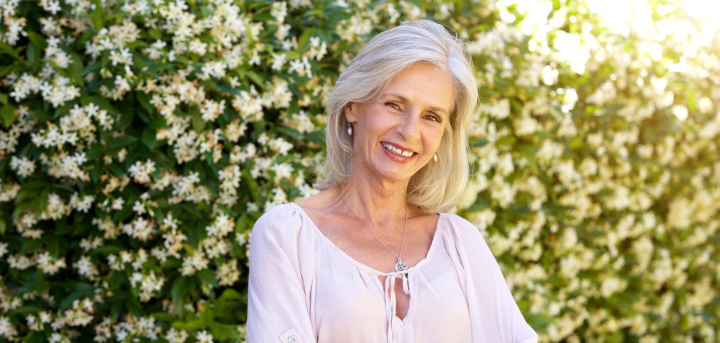Staying Safe in Warm Weather

Published on 29 July 2024 12:37 PM
As excited as we are for this hot weather to continue, it’s important we know the risks of heat and how we can stay safe. It’s important we look after ourselves, and our loved ones to reduce the risk of harm.
Who can be affected by heat?
Anyone can be at risk of becoming unwell during the heat but some people are more at risk. These include:
- Older people aged 65 and over
- People who live alone and are unable to care for themselves
- People with underlying health conditions particularly heart problems, breathing problems, dementia, diabetes, kidney disease, Parkinson’s disease, or mobility problems
- People on certain medications
- People who are already dehydrated and ill (for example from diarrhoea and vomiting)
- This list is not exhaustive, you can see more groups of people who may be at risk here.
What are Heat Exhaustion and Heatstroke?
Heat exhaustion occurs when the body can’t cool down from overheating. Usually, this doesn’t require emergency medical attention if you can cool down within 30 minutes. Symptoms of this can include:
- Tiredness
- Weakness
- Feeling faint
- Headache
- Muscle cramps
- Feeling or being sick
- Heavy sweating
- Intense thirst
Heatstroke is when the body’s temperature becomes dangerously high and can’t cool down, symptoms of this can include:
- Confusion
- Lack of coordination
- Fast heartbeat
- Fast breathing or shortness of breath
- Hot skin that is not sweating
- Seizures
Heatstroke requires medical attention, you should dial 999 and try to cool them down. You can read more about heat exhaustion and heatstroke on the NHS website.
Staying safe and cool
There are things you can do to prevent overheating and becoming unwell. Being prepared for the hot weather is key to ensuring you and your loved ones can stay safe, especially those at increased risk.
- Prevent dehydration – drink plenty of fluids throughout the day and take refillable bottles with you when you go out.
- Protect yourself from the sun by moving to a shaded area between 11am – 3pm, make sure to apply SPF generously and reapply throughout the day. Find out more about sun protection on the NHS website.
- Limit strenuous activity by doing anything strenuous in the mornings or evenings when it is cooler.
- Keep your home cool by opening windows if it is safe to do so, and ensure any heating is turned off
